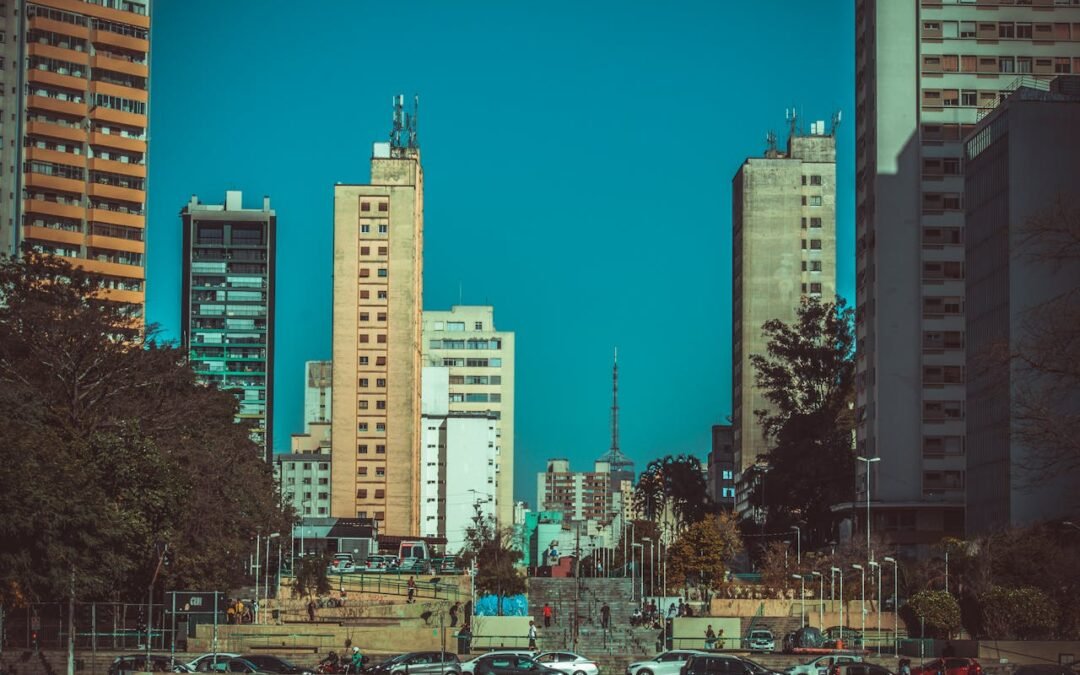Africa is a continent renowned for its vibrant cultures, diverse traditions, and colorful celebrations. Across its 54 countries, cultural festivals play a vital role in preserving heritage, fostering community identity, and promoting social cohesion. These festivals are not only occasions for joy and artistic expression but also opportunities to educate younger generations and attract tourism. This article explores some of Africa’s most iconic cultural festivals, highlighting their significance and unique features.
The Osun-Osogbo Festival (Nigeria)
One of West Africa’s most famous traditional festivals, the Osun-Osogbo Festival, takes place annually in Osogbo, Nigeria. Celebrated in honor of the river goddess Osun, the festival spans two weeks and involves elaborate rituals, music, dance, and a grand procession to the sacred Osun Grove, a UNESCO World Heritage site.
The festival is a vibrant expression of Yoruba spirituality and culture, drawing thousands of participants and tourists. It reinforces community bonds and serves as a reminder of the importance of nature and ancestral worship in Yoruba tradition.
The Timkat Festival (Ethiopia)
Timkat, or Epiphany, is one of Ethiopia’s most significant religious festivals, commemorating the baptism of Jesus Christ. Celebrated on January 19th (or 20th in leap years), Timkat features colorful processions, prayers, and the blessing of water.
Participants dress in traditional white robes and gather around churches and rivers to renew their faith. The festival combines religious devotion with cultural pride, showcasing Ethiopia’s unique Orthodox Christian heritage.
The Festival of the Sahara (Tunisia)
Held annually in Douz, Tunisia, the Festival of the Sahara celebrates the rich cultural heritage of the Sahara Desert’s nomadic peoples. Known as the “Gateway to the Sahara,” Douz becomes a lively hub of music, poetry, camel racing, and traditional crafts during the festival.
Visitors experience the desert’s beauty and learn about the customs and lifestyles of the Berber and Bedouin communities. The festival promotes cultural preservation and boosts local economies through tourism.
The Cape Town Minstrel Carnival (South Africa)
The Cape Town Minstrel Carnival, also known as Kaapse Klopse, is a colorful and energetic festival held every January in South Africa. Originating in the 19th century among freed slaves, the carnival features vibrant parades, music, and dance, with participants dressed in bright costumes and playing brass instruments.
The event celebrates freedom, resilience, and cultural identity, drawing large crowds and fostering community pride in Cape Town’s diverse heritage.
The Festival au Désert (Mali)
Though currently on hold due to security challenges, the Festival au Désert was an internationally renowned music festival held near Timbuktu, Mali. It celebrated the rich musical traditions of the Tuareg people and brought together artists from across Africa and the world.
The festival symbolized cultural unity and peace in a region affected by conflict, highlighting music’s power to bridge divides.
Importance of Cultural Festivals in Africa
Cultural festivals across Africa serve multiple purposes beyond entertainment:
- Preserving Heritage: They safeguard languages, rituals, crafts, and oral histories that might otherwise fade.
- Strengthening Community: Festivals foster social bonds and collective identity, especially among youth.
- Economic Development: By attracting tourists, festivals generate income and support local artisans and businesses.
- Promoting Peace and Understanding: Festivals provide platforms for intercultural dialogue and reconciliation.
Conclusion
Africa’s cultural festivals are vibrant celebrations of the continent’s rich diversity and enduring traditions. They connect past and present, unite communities, and offer unique experiences to visitors. At AfricaDailyInsights.com, we celebrate these festivals and invite you to explore the many ways they enrich Africa’s social and cultural landscape.

